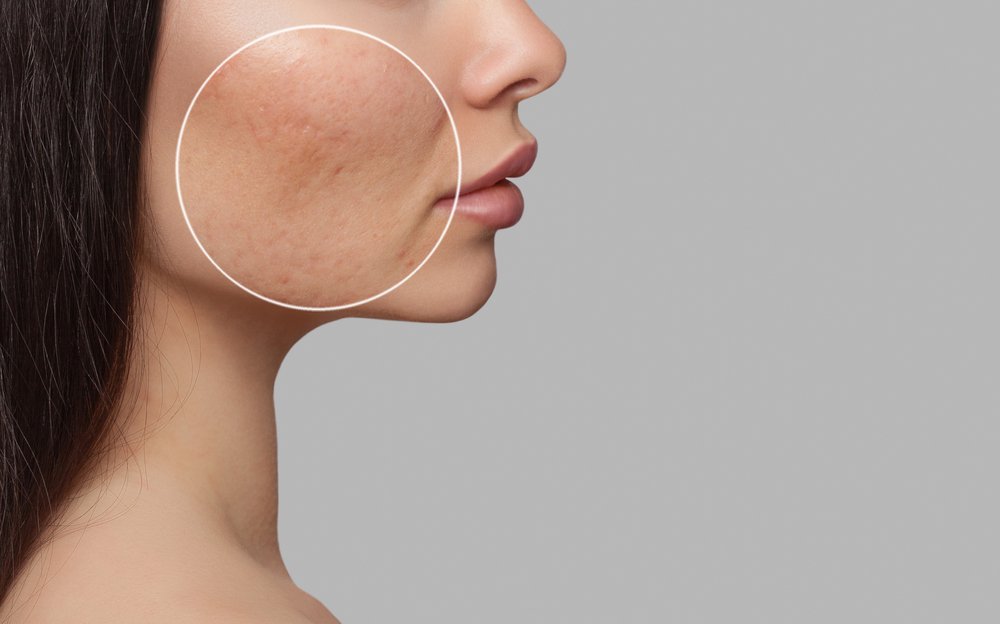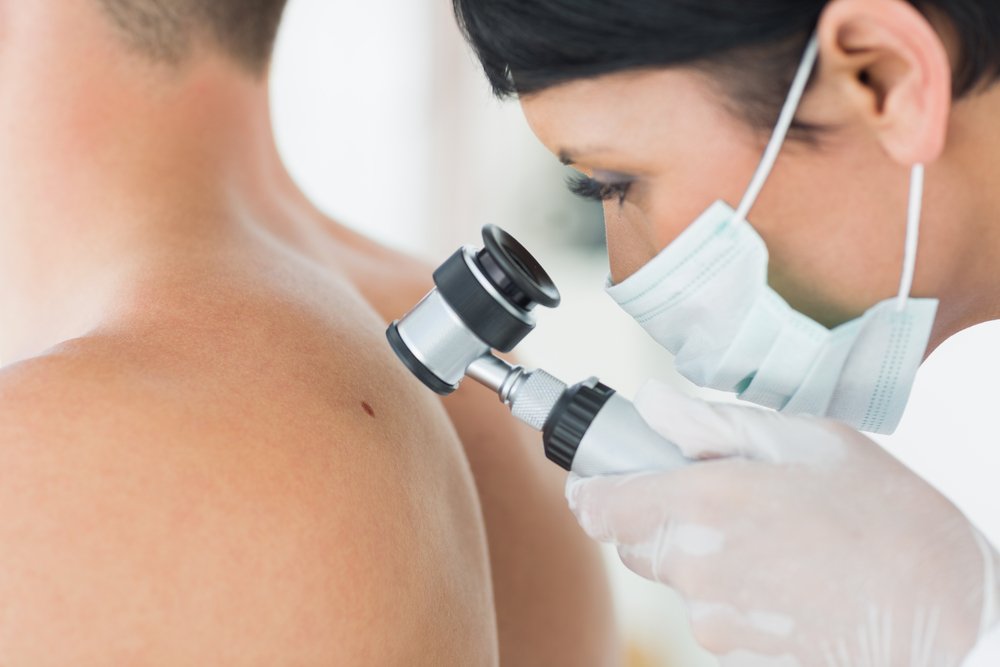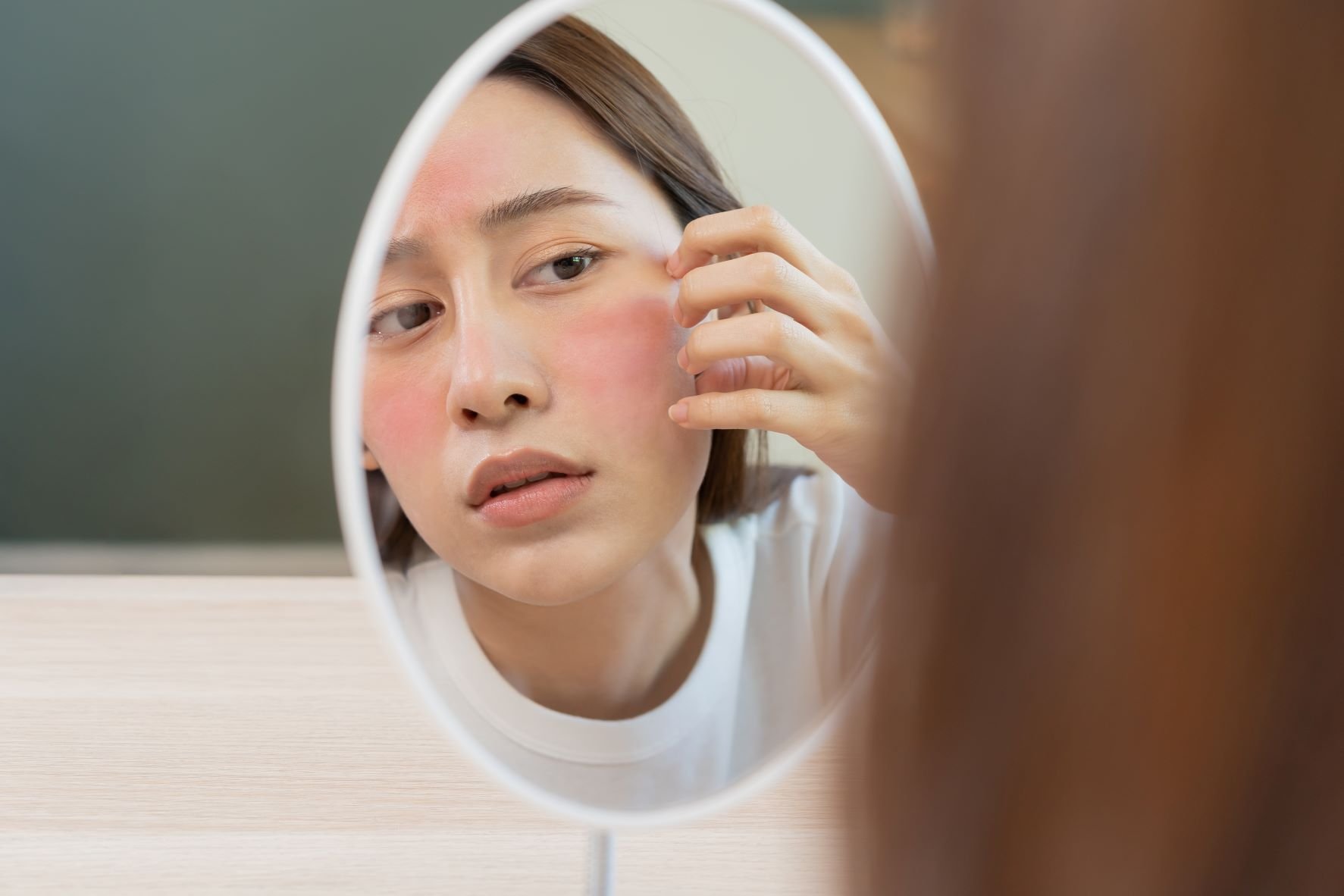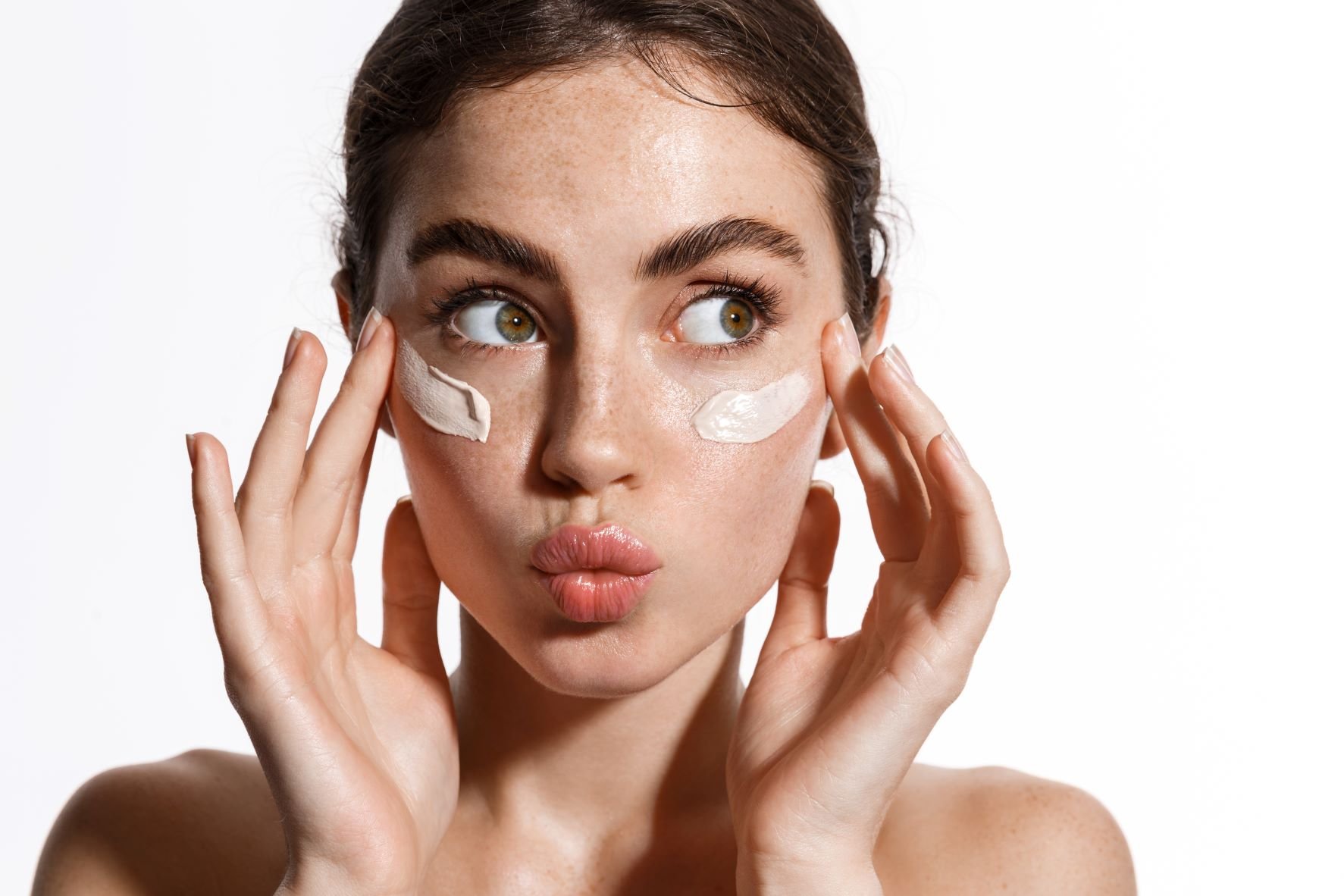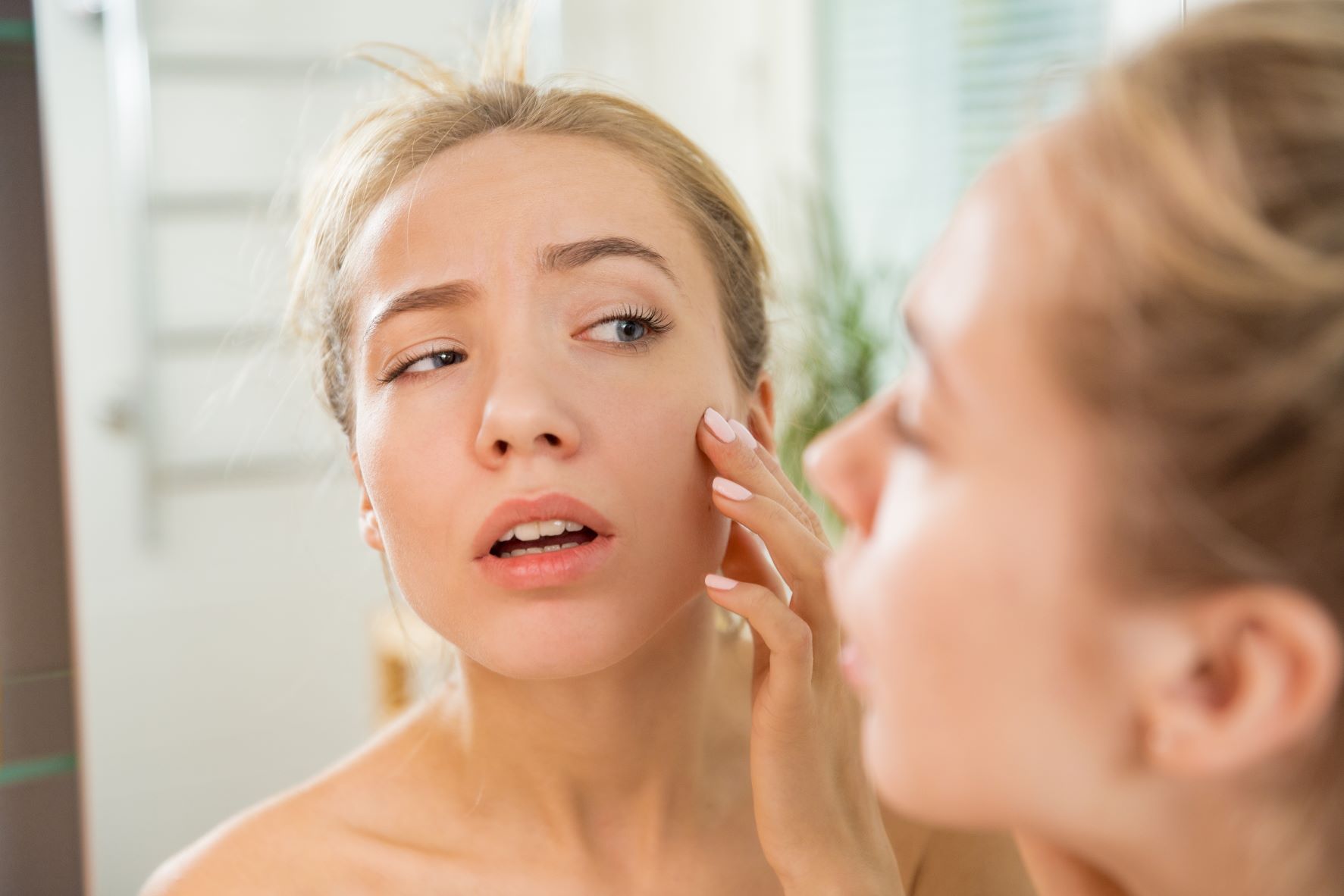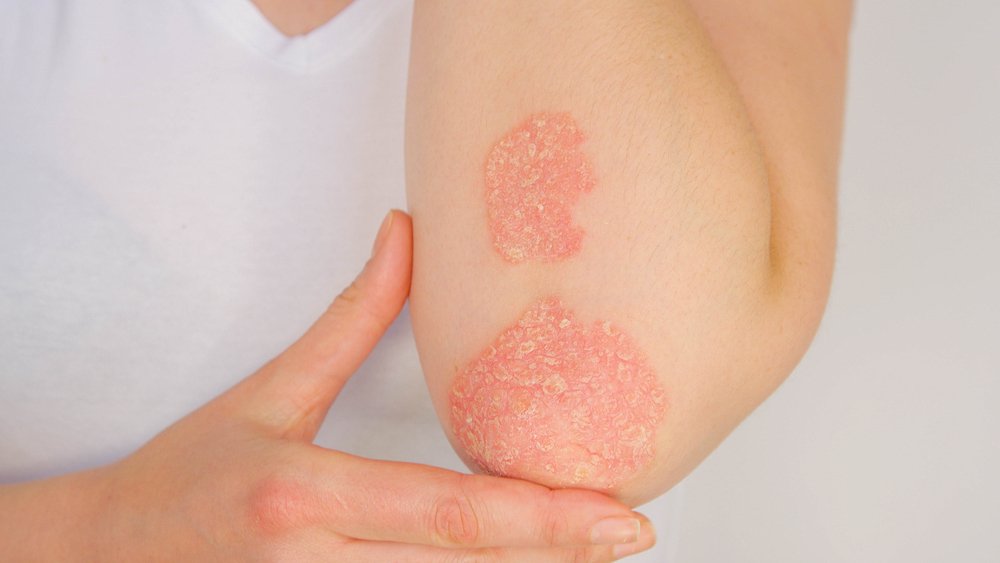Botox is a clear winner when you’re looking to help reduce the look of fine lines and wrinkles. Did you know that Botox could offer other benefits that help you look and feel more confident in your daily life? Knowing these benefits may make it easier to pursue this non-surgical treatment and help you address certain areas of your face that you’re looking to improve.
Let’s take a look at how Botox can improve your skin and what some of the top benefits are beyond its most recognizable uses.
Botox Can Help You Reduce Sweating in Various Areas of Your Body
Hyperhidrosis is a condition in which sweat glands are overactive, producing far more sweat than you normally would regardless of the conditions around you or how much physical activity you’re engaging in. Not only can this be embarrassing for individuals, but it can also lead to cracked skin and fungal infections.
Botox can serve to reduce the severity of hyperhidrosis anywhere on the body, helping you feel more confident and sweat less. If hyperhidrosis affects you, now might be the time to pursue Botox in Bucks County, PA.
It Can Help Make Skin Less Oily and Reduce the Size of Pores
Botox is well-known for being excellent at reducing the visible signs of aging, but did you know it might also improve the overall quality of your skin? Botox is said to reduce sebum production and even shrink the size of your pores, which can help you make your skin look clearer and allow you to maintain smoother, more vibrant-looking skin after your injections. This is a major bonus for those trying to achieve a more youthful look!
Injections Address Issues Without Causing Serious Damage
There are a host of procedures out there that you could pursue if you’re trying to clear skin up or make it look more taut. The problem? Many of these can be quite invasive and come with a laundry list of side effects that put you at risk. The biggest benefit of Botox is that it comes with far fewer side effects. Better yet, you easily recover from Botox so that you can look good and get back to your daily life faster.
It Can Reduce the Look and Size of Keloid Scars
Keloid scars are often considered unsightly and may lead you to feel self-conscious about your body. But what can be done about them? While there are multiple treatments for large, raised scars, Botox is one option you may have not considered. Botox may reduce the appearance and size of keloid scars with proper injections, which can make them less noticeable so that you can feel more confident, regardless of whether they’re visible or not in your everyday life.
Botox May Reduce the Severity of Psoriasis
Psoriasis is a skin issue that many struggle with and one that leaves them worrying people are going to notice the scaling and skin fall no matter where they go. Botox injections may be just what you need to deal with psoriasis as Botox injections have been shown to recede psoriasis symptoms. This is especially beneficial for those who deal with it in their facial region and are also looking to tackle fine lines and wrinkles.
Begin Your Journey to a Happier You With Penn Dermatology Specialists
If you’ve been looking for a cosmetic dermatologist in Southampton, PA, look no further than Penn Dermatology Specialists. We’re here to help you improve the overall quality of your skin and safely explore various options like Botox with the support and guidance you deserve. Contact us today to schedule an appointment or learn more about our procedures!





